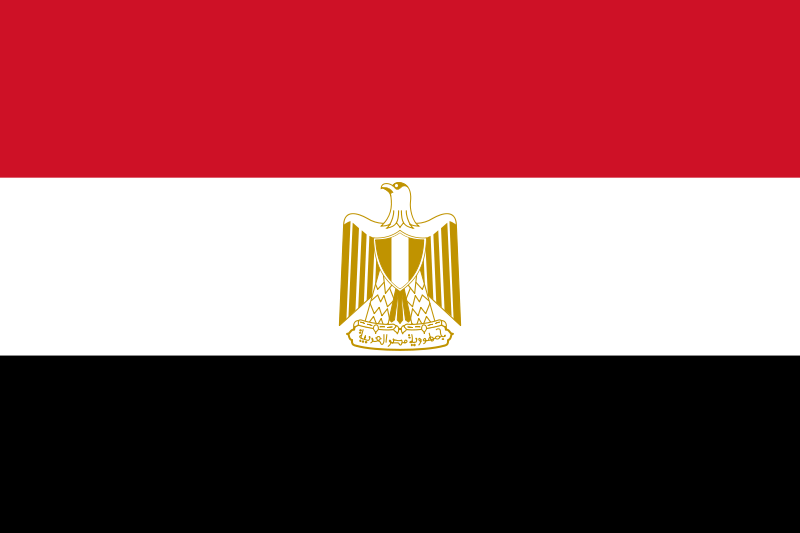One of the driest inhabited places in the world, Aswan is a city in the south of Egypt. It stands on the east bank of the Nile and is a busy market and tourist centre.
Aswan is some 680km (425 miles) south of Cairo, just below the Aswan Dam and Lake Nasser is far more relaxed and smaller than Cairo and Luxor. The smallest of the three major tourist cities on the Nile and the furthest south of the three, it has a large population of Nubian people, mostly resettled from their homeland in the area flooded by Lake Nasser. Aswan is the home of many granite quarries from which most of the Obelisks seen in Luxor were sourced.
Aswan is compact enough to negotiate primarily on foot. To access Philae, the High Dam, and the unfinished obelisks, you can take a taxi or a horse-drawn carriage. To access the sights on the river islands or on the West Bank, you will need to cross the river by motorboat or felucca. Be sure to pay attention to the price as operators try to overcharge tourists.
Aswan is generally a very safe city. The locals will look after you but will try to fleece Tourists! Women should avoid travelling alone if they are not comfortable with leering men.
EGYPT CLOSED – Chaos Across Egypt (Jan – Feb 2011)
Three hours into my flight the captain announces we are diverted to Athens. Later it is confirmed the flight landed due to a bomb scare as reported by the BBC. Rising unrest and the peoples call to bring down the government brings disruption to tourism in Egypt, and the UK Foreign Office advises not to travel.
My trip to Egypt is cancelled. No Cairo, Luxor, Aswan, Abu Simbel.
